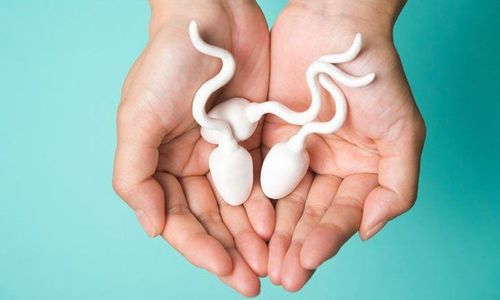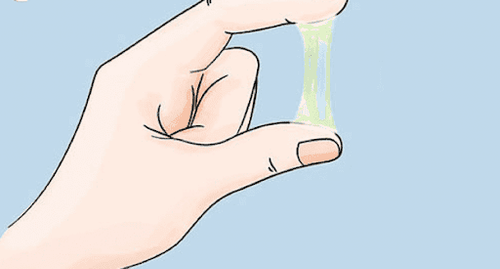Besides changes in appearance and psychology, ejaculation is one of the important physiological milestones indicating that adolescent boys have officially entered puberty. Here are some basic things you need to know about ejaculation during puberty.
1. What is Ejaculation? At What Age Do Males Produce Sperm?
Ejaculation is the process of expelling semen (the fluid containing sperm) from the penis during orgasm. The average volume of semen released during ejaculation is about 3-4 milliliters and contains approximately 300 million sperm.
During puberty, the male testicles begin to develop, producing sperm and the hormone testosterone. Simultaneously, the body undergoes rapid growth and develops secondary sex characteristics such as facial hair, a deepening voice, increased muscle mass, and penis enlargement. A significant milestone marking the onset of male puberty is the first ejaculation, which typically occurs between the ages of 14 and 16. The process of ejaculation involves four stages:
- Excitation phase
- Plateau phase
- Orgasm phase
- Resolution phase
2. Causes of Ejaculation
2.1. Masturbation
Masturbation is a normal sexual activity that occurs in both males and females of various age groups, including adolescents. It involves self-stimulation of the genitals, either by hand or with the use of a sex toy. Masturbation can lead to orgasm and ejaculation.
Masturbation is a safe way to relieve sexual tension and is considered a normal part of sexual expression. While it does not pose a risk of sexually transmitted infections, it is important to practice moderation and maintain good hygiene. Additionally, individuals should avoid sharing sex toys to prevent the spread of infections and avoid causing any injuries to the genitals.
2.2. Nocturnal emissions
Nocturnal emissions, also known as "wet dreams," are very common during puberty. These occur while a person is asleep, often accompanied by erotic dreams. Adolescent males may dream about intimate or sexual encounters, which can lead to arousal and ejaculation. This is completely a normal physiological process and a sign of developing sexual maturity. Therefore, adolescents should not feel embarrassed or overly concerned about nocturnal emissions.
2.3. Spermatorrhea
Unlike the previous two, spermatorrhea is a condition characterized by the involuntary leakage of semen without orgasm or ejaculatory reflex. If this occurs frequently, it may be due to an underlying medical condition or a structural abnormality of the reproductive system, such as anomalies in the seminal vesicles or ejaculatory ducts.
Prolonged spermatorrhea can lead to erectile dysfunction or premature ejaculation. These conditions not only affect the quality of sexual life but can also reduce male fertility in adulthood.

3. What should parents do when their son reaches puberty?
Although ejaculation is a normal physiological occurrence during puberty in boys, it can still be a new and confusing experience for many. Additionally, there are instances where this phenomenon may occur abnormally, causing anxiety in the child. Therefore, parents need to have a correct and accurate understanding of the changes during puberty and be ready to provide clear advice and explanations to their children about relevant issues. Moreover, it is necessary to monitor for any abnormal signs or symptoms and seek appropriate medical treatment if necessary. Never let an abnormal condition persist as it can harm the child's health, lifestyle, and academic performance.
To arrange an appointment, please call HOTLINE or make your reservation directly HERE. You may also download the MyVinmec app to schedule appointments faster and manage your reservations more conveniently.













